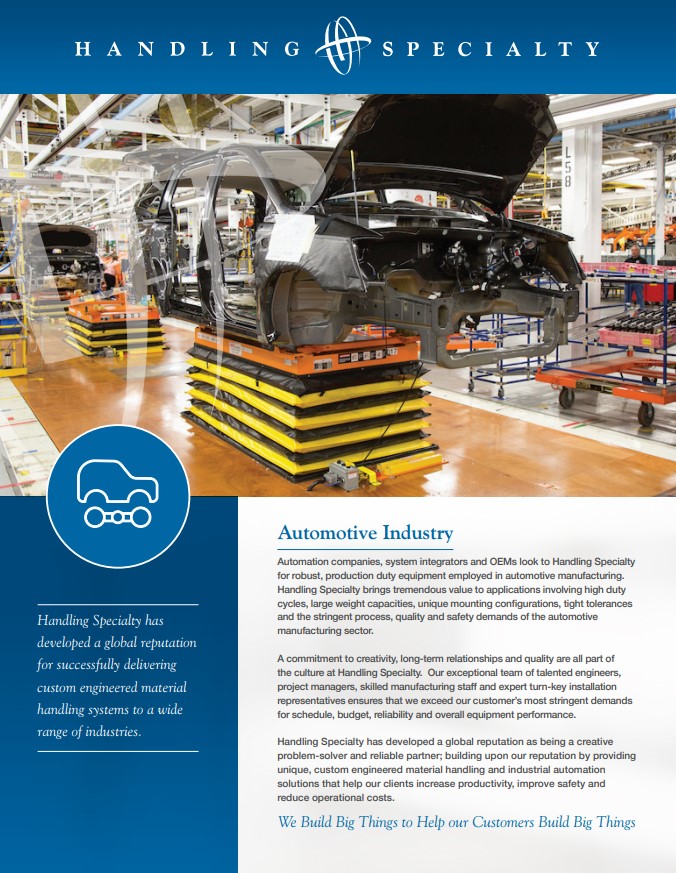Vehicle Safety Ratings: Your Guide to the Safest Cars on the Road

Vehicle safety ratings provide accurate information about the safety features and performance of vehicles. With an emphasis on active and passive safety measures, these ratings help consumers make informed decisions when choosing a vehicle.
In this introduction, we will explore the importance of vehicle safety ratings, how they are determined, and how they can be used to ensure optimal safety on the road. Additionally, we will discuss the different organizations and systems that assess vehicle safety, giving readers an in-depth understanding of the subject.
By the end, readers will have a comprehensive grasp of the significance of vehicle safety ratings and how they can promote safer driving experiences for everyone.

Credit: datamyte.com
Understanding Vehicle Safety Ratings
Understanding vehicle safety ratings is crucial for every car owner. These ratings play a significant role in determining how safe a vehicle is on the road. To assess safety, crash test procedures are conducted, focusing on various aspects like frontal impact, side impact, and rollover resistance.
These tests provide valuable data that experts use to assign safety ratings. Depending on the rating scale, vehicles can receive a five-star safety rating or a lower rating. By understanding these ratings, car owners can make informed decisions when purchasing a vehicle, putting safety as a top priority.
Being aware of the importance of vehicle safety ratings helps ensure that individuals prioritize the safety of themselves and their passengers on the road. So, next time you are in the market for a new car, take a moment to research the safety ratings and make a safer choice.
Top Safest Cars On The Road
Vehicle manufacturers are constantly integrating advanced safety features into their models. These features have become essential in ensuring the safety of both drivers and passengers on the road. Conducting a thorough study and analysis of the top-rated vehicles allows consumers to make informed decisions when it comes to purchasing a car.
Factors such as crash test ratings, collision avoidance systems, and advanced driver assistance systems contribute to the overall safety ratings of a vehicle. By understanding the criteria for the safest cars, individuals can prioritize safety and choose a vehicle that offers the highest level of protection.
With advancements in technology, manufacturers are continuously working towards enhancing vehicle safety, providing consumers with a wide range of options to choose from. Keeping these criteria in mind is crucial when selecting a car that prioritizes safety on the road.
Choosing The Right Car For Safety
Vehicle safety ratings are crucial when choosing a car that prioritizes safety. It is essential to match safety ratings to your specific needs. When shopping for safe cars, consider various factors. Evaluate safety technologies and features to ensure maximum protection on the road.
Careful scrutiny of crash test ratings, such as those provided by organizations like the national highway traffic safety administration (nhtsa) and the insurance institute for highway safety (iihs), is paramount. Look for vehicles equipped with advanced safety systems like lane departure warning, forward collision warning, and automatic emergency braking.
Always prioritize solid safety scores and robust safety features that fit your requirements. By doing thorough research and considering your specific needs, you can find a car that offers the best safety performance for your peace of mind.
Frequently Asked Questions Of Vehicle Safety Ratings
What Are Vehicle Safety Ratings?
Vehicle safety ratings are assessments that evaluate the safety performance of vehicles. These ratings provide consumers with information on how well a particular vehicle protects occupants in a crash, as well as its ability to avoid or mitigate crashes through advanced safety features.
How Are Vehicle Safety Ratings Determined?
Vehicle safety ratings are determined through tests and evaluations conducted by authorized organizations. These tests assess various aspects of a vehicle’s safety, such as its crashworthiness, performance in collision avoidance and mitigation, and the effectiveness of its safety features. The results are then used to assign a safety rating, typically displayed using a star or numerical scale.
Why Are Vehicle Safety Ratings Important?
Vehicle safety ratings are important because they help consumers make informed decisions when purchasing a vehicle. By considering a vehicle’s safety rating, individuals can choose a car that provides optimal protection in the event of a crash. Safety ratings also encourage automakers to continuously improve their vehicles’ safety features, leading to advancements in vehicle safety as a whole.
What Do The Different Safety Ratings Mean?
Different safety ratings indicate varying levels of protection and safety features in a vehicle. For example, a higher safety rating signifies a vehicle that performs well in crash tests and has advanced safety technologies that can help prevent accidents. Conversely, a lower safety rating may indicate a vehicle with limited safety features or one that did not perform as well in crash tests.
How Can I Access Vehicle Safety Ratings?
Vehicle safety ratings can be accessed through various sources. Authorized organizations, such as the national highway traffic safety administration (nhtsa) and the insurance institute for highway safety (iihs), provide comprehensive safety rating information on their websites. Additionally, car manufacturers often include safety rating information in their vehicle brochures and on their official websites.
Conclusion
Vehicle safety ratings play a crucial role in ensuring the safety and well-being of drivers and passengers alike. By considering the various safety features and crash tests conducted by independent organizations such as the national highway traffic safety administration (nhtsa) and the insurance institute for highway safety (iihs), car buyers can make informed decisions to protect themselves on the road.
These ratings provide valuable insights into the level of protection a vehicle can offer in different scenarios, including frontal, side, and rollover crashes. It is important for consumers to prioritize safety when purchasing a vehicle, as it can significantly reduce the risk of accidents and injuries.
Keeping up with the latest safety ratings and advancements in technology is essential for staying ahead of the curve and ensuring the utmost safety for drivers, passengers, and pedestrians. So, when considering your next vehicle purchase, be sure to research and prioritize safety ratings to make a well-informed decision.













